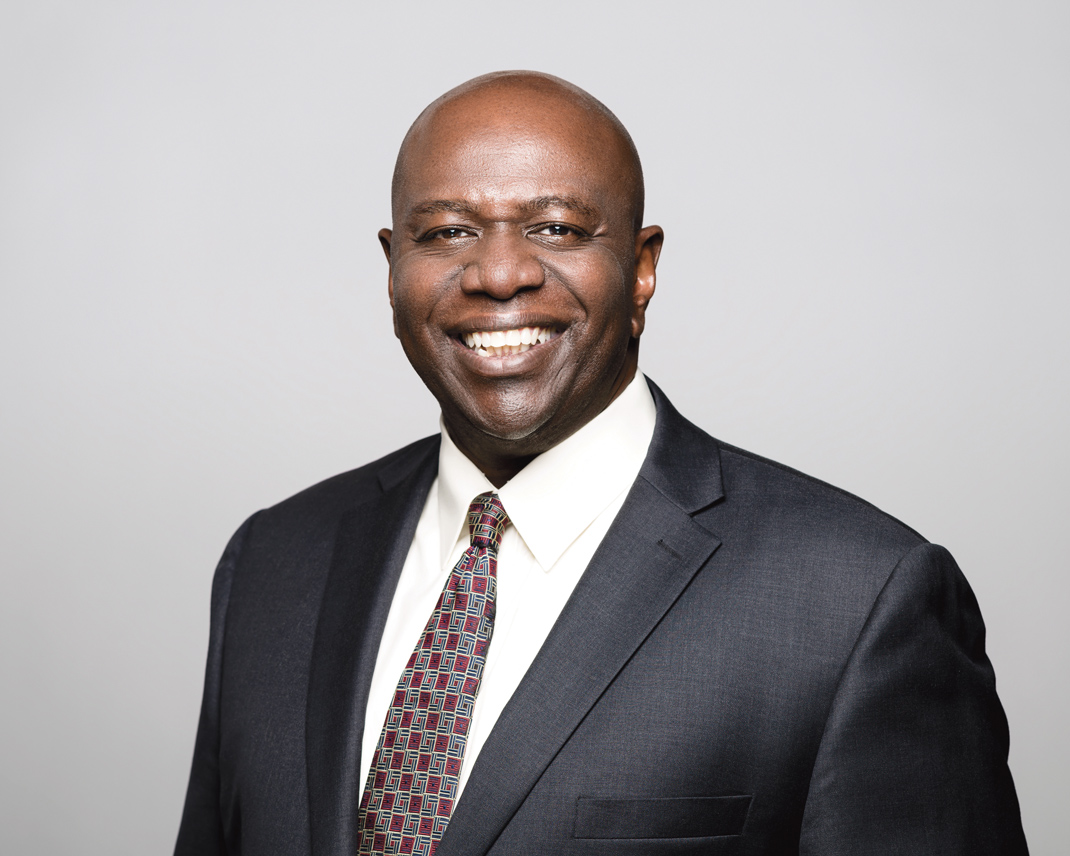With the death of George Floyd, followed by the escalation of social protests across America in 2020, corporate leaders began to reflect on their role in addressing racial inequality and diversity and inclusion. The need to evaluate the role of corporate America in addressing these issues became even more apparent as the pandemic laid bare longstanding structural inequalities and disparate treatment.
As with many successful change efforts, an important factor in advancing D&I will be the commitment of American CEOs. Real change begins when leaders embrace the need for it, demonstrate commitment and create forward momentum. As a start, many organizations took significant steps to assess corporate culture, eliminate implicit bias and create more inclusive work environments. Examples include the Greater Omaha Chamber's Commitment to Opportunity, Diversity and Equity and CEO Action for Diversity and Inclusion, the largest CEO-driven business commitment, with more than 1,600 CEOs signed on to advance D&I.
As a group, CEOs are communicating that diversity and inclusion are critical to the sustainability of their corporations. By adopting CEO Pledges, these corporate leaders outline their commitment to advancing D&I. Pledges include agreements to evaluate organizational leadership, recruitment, advancement and culture.
In 2019, CEO Action polled signatory organizations and found that not only are they enacting their pledge commitments (93%) and reporting that has a positive impact (91%), but also driving the evolution of organizational D&I strategies. More than 60% are "doing something new as a result of their involvement with CEO Action," and 91% are engaging their boards, driving increased accountability and visibility on this topic.
"Leadership commitment is essential to success, and we've seen how that's translated across the company," says Ron Harris, vice president of diversity and inclusion for BlueCross BlueShield of Tennessee. "We've made measurable goals that include our recruitment and hiring practices, employee engagement, supplier relationships and civic partnerships. It's the right thing to do for our members, for the communities in which we live and work and for our business as a whole. We believe there is a competitive advantage to having a workforce reflective of the individuals we serve, and to maintaining an open dialogue that promotes cultural awareness and competency."
A McKinsey report looked at 366 companies throughout the Americas and the U.K. and found a strong correlation between a company's higher-than-average diversity (racial/ethnic and gender) and higher-than-average profits, as compared to similar organizations.i
A 2018 study by Harvard Business Review found that the most diverse companies were also the most innovative, allowing them to market a greater range of products to consumers. The study concluded that companies with higher-than-average diversity had 19% higher innovation revenues.ii
In Chattanooga, a CEO Pledge for Diversity and Inclusion would grow business, drive accountability and increase innovation. Starting with an assessment, CEOs can take a deeper dive into D&I to focus on talent, performance management, leadership development and culture. These efforts yield internal and external performance recommendations, which promote regional competitiveness, enhance geographic attractiveness and drive economic growth.
Many Chattanooga Chamber of Commerce initiatives align with the CEO Pledge for Diversity and Inclusion. The Chamber's Chattanooga Climbs five-year strategic plan seeks to advance economic development by focusing on jobs and talent. Jobs and talent are central to the success of the CEO Pledge for Diversity and Inclusion. Education initiative Chattanooga 2.0 complements Chattanooga Climbs by placing attention on essential components to workforce success: talent development, 21st century education, and social and economic mobility.
When combined with a CEO Pledge, these initiatives frame a comprehensive approach to transform the economic landscape of Chattanooga and Hamilton County to include everyone. I invite Chattanooga business leaders to take the Pledge to build a more inclusive economy.
i Blog.bonus.ly>diversity-inclusion-statistics, August 7, 2019, 10 Diversity & Inclusion Statistics
ii hbr.org>2018/01, January 30, 2018, How and Where Diversity Drives Financial Performances?
About Lorne Steedley Vice President, Diversity and Inclusive Growth, Chattanooga Chamber
Steedley is an equity leader with applied program and project management experience in community building, philanthropy and civic participation. Steedley worked with the Council on Foundations as Member Relations Director, managing philanthropic relationships in the Southeast. He served as Program Officer with the Annie E. Casey Foundation in Baltimore, Maryland, examining the effects of gentrification, regionalism and sprawl on vulnerable families. Steedley also led Motus Consulting USA, LLC, providing management, operations and training services.Steedley is a former International Fellow of the Emerging Leaders Program in the Graduate School of Business at the University of Cape Town, South Africa and a former Research Fellow in the Department of Urban Studies and Planning at the Massachusetts Institute of Technology. He received a B.A. from the University of South Carolina, a M.S. in Human Services from the University of Massachusetts-Boston and a M.A. in Sociology from Boston College.

